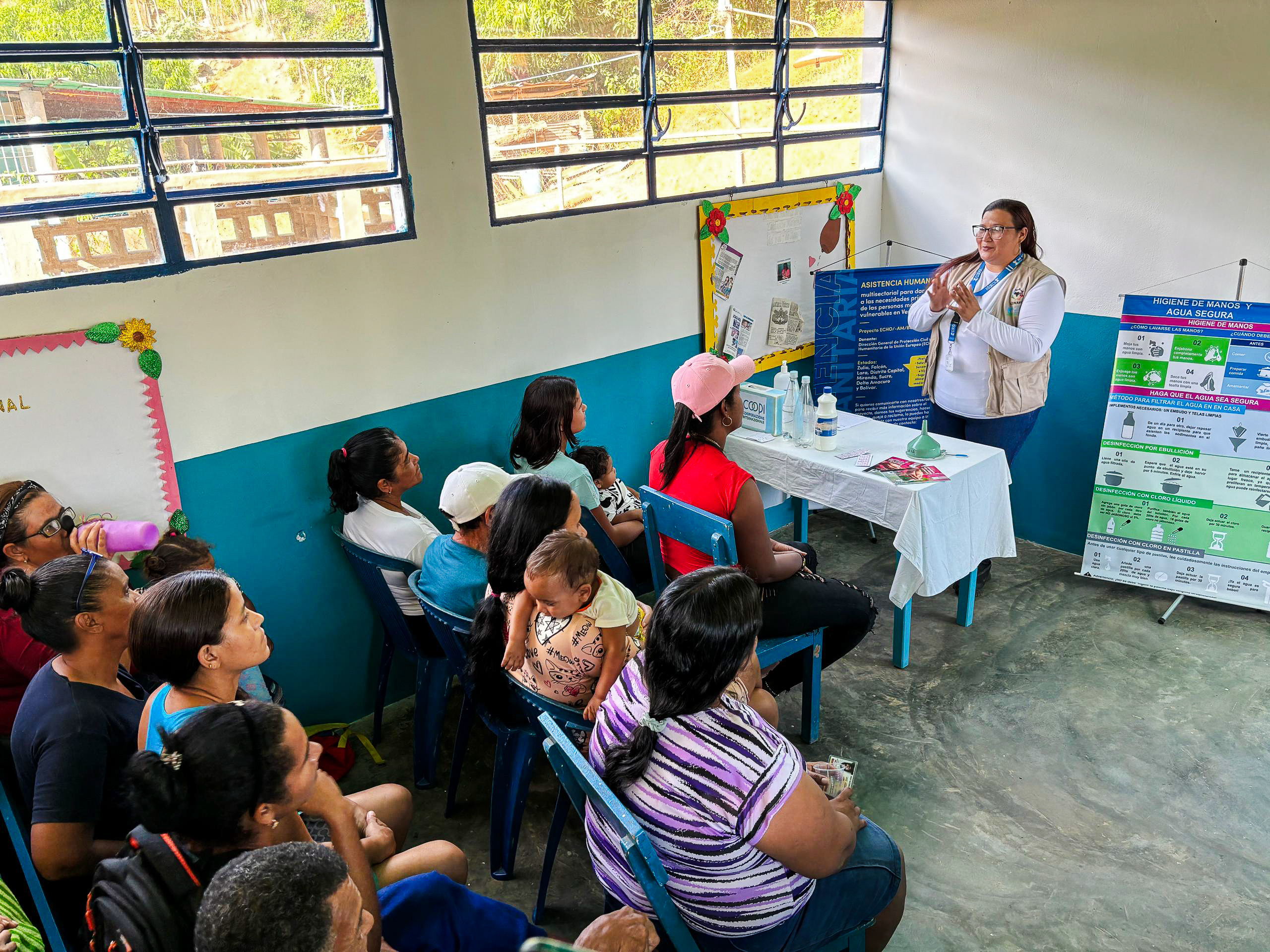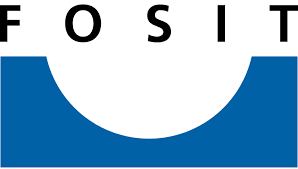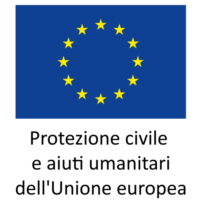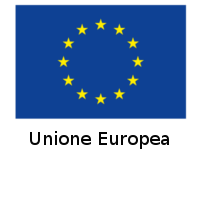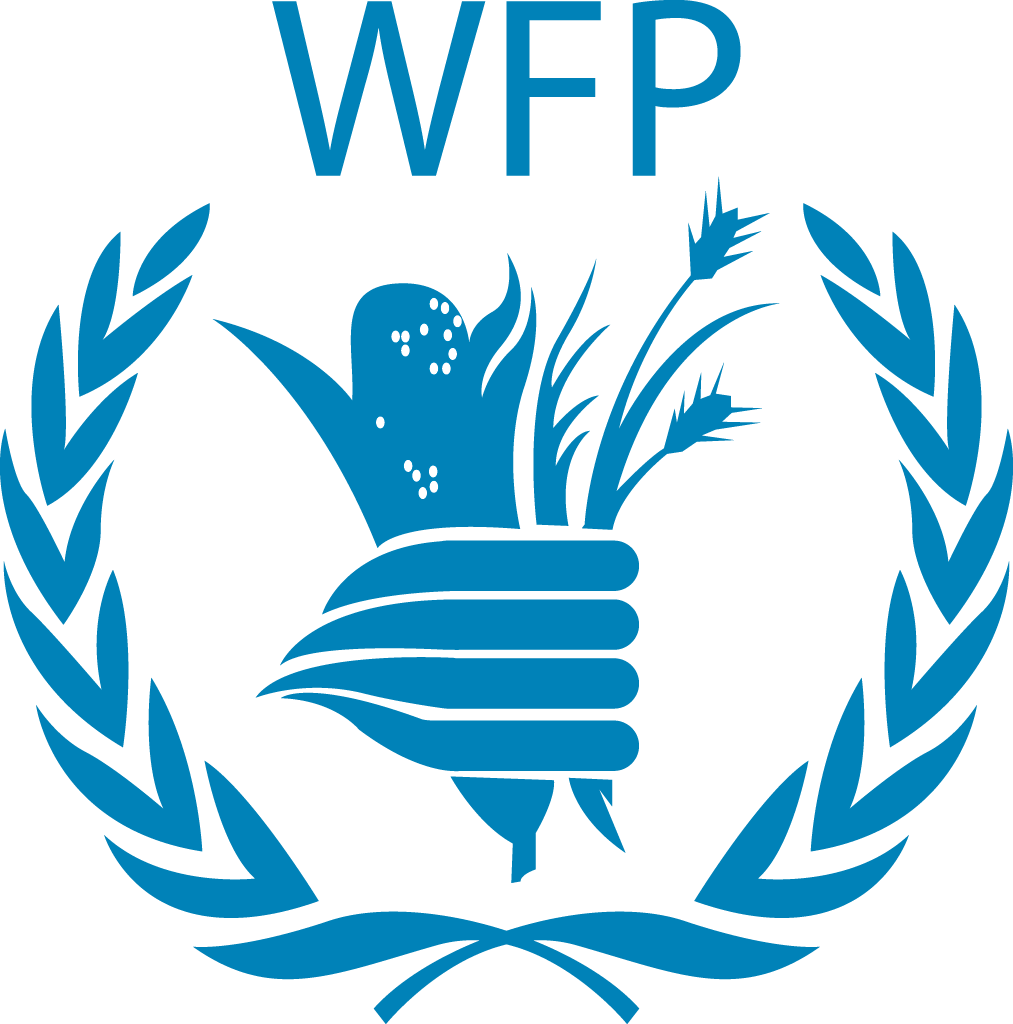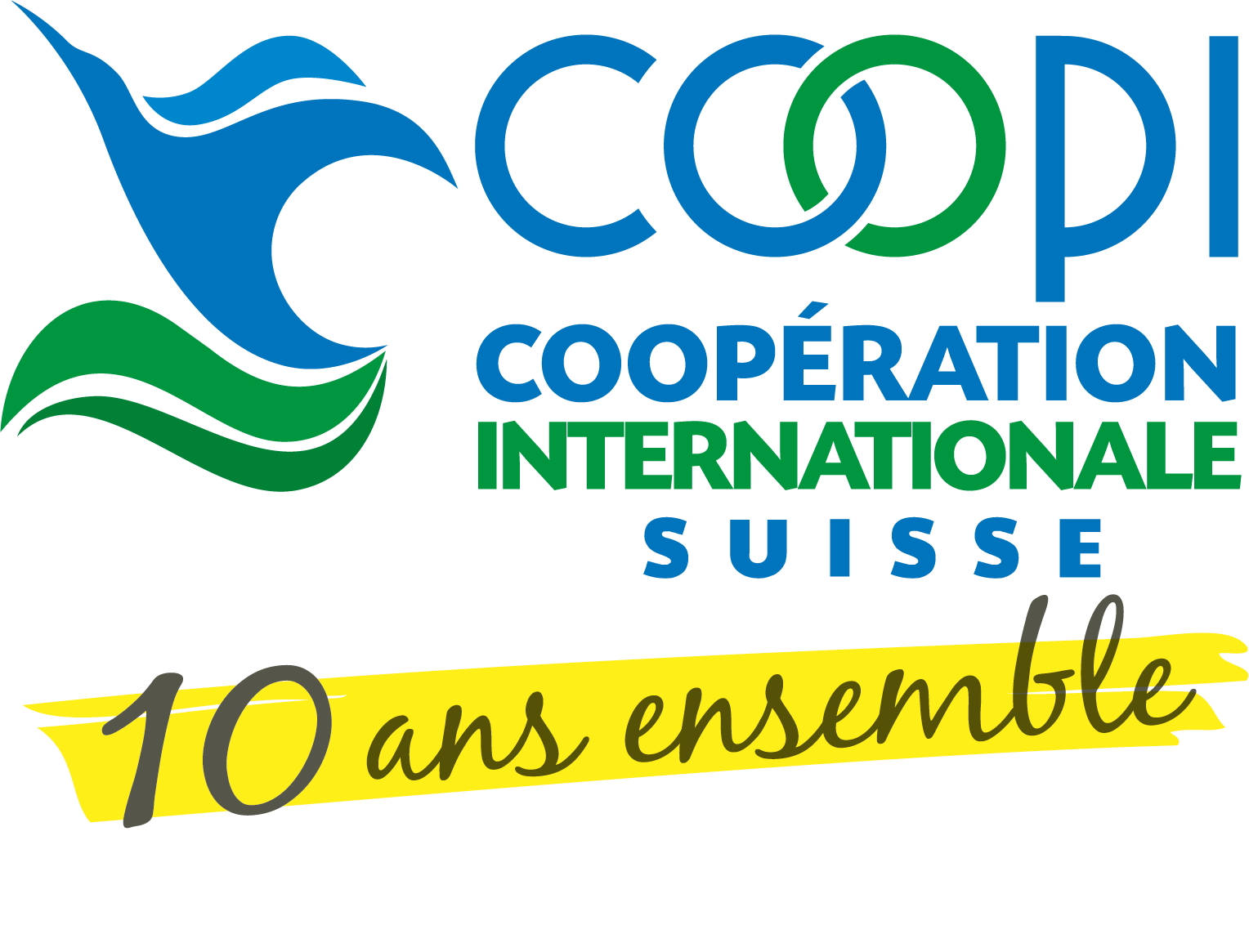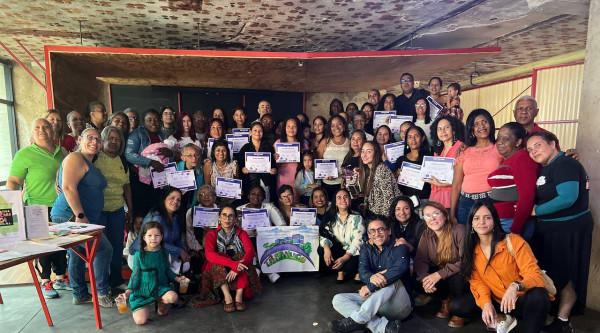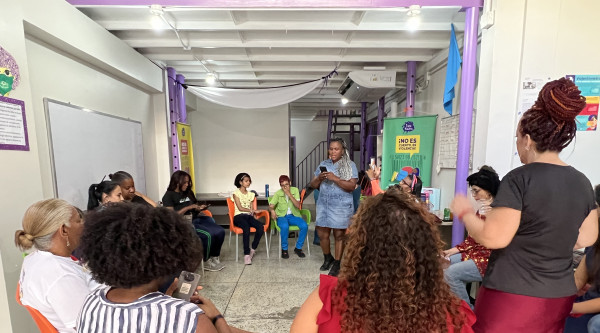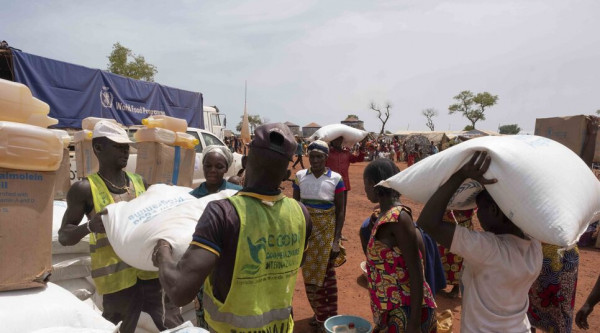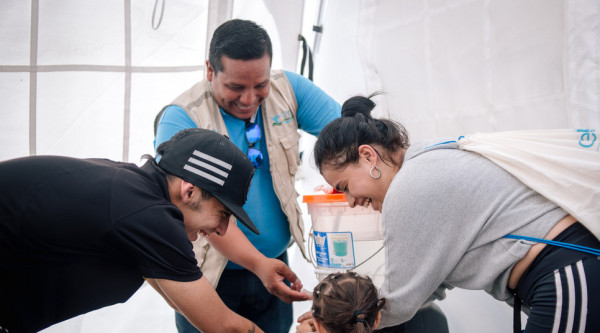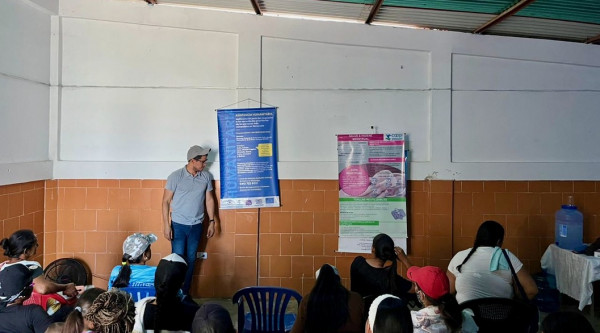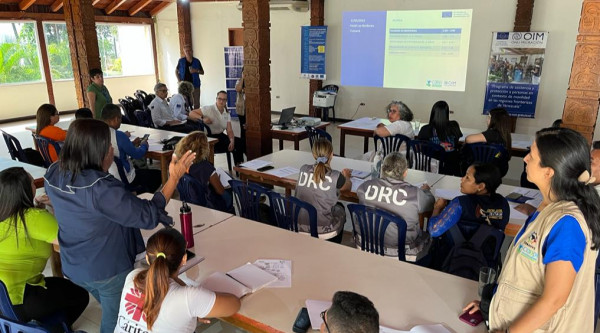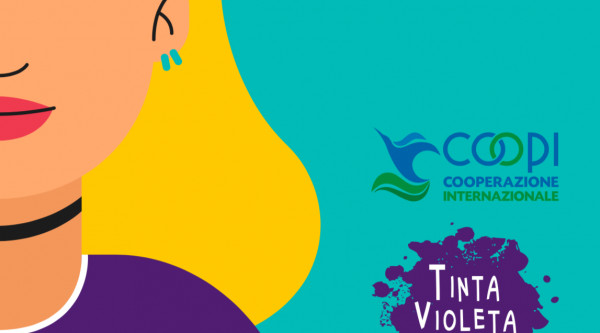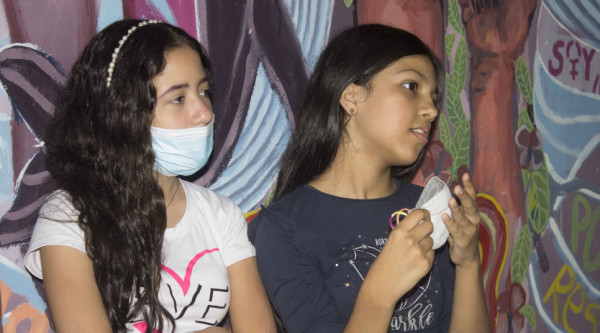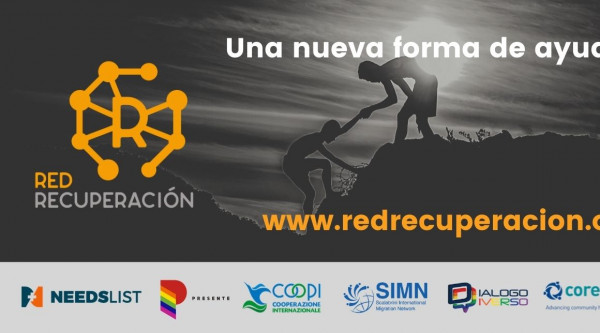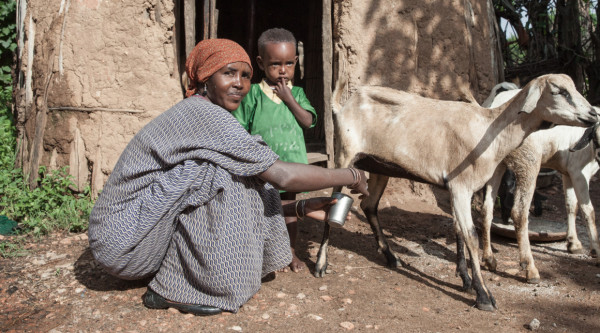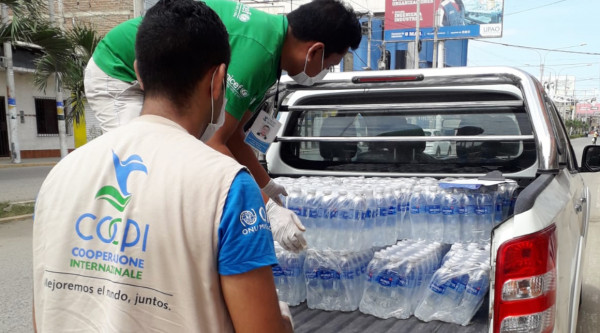Evolution of COOPI presence in the country
Venezuela is currently experiencing a complex socioeconomic situation that has created significant challenges across various aspects of the country’s social and productive life. This context has affected both the internal dynamics of many communities and regional human mobility patterns. Despite institutional efforts to mitigate these effects, remain persistent gaps that require a coordinated, technical, and locally sensitive approach.
Within this framework, COOPI – Cooperazione Internazionale has maintained an operational presence in Venezuela since 2018, implementing actions aligned with the principles of complementarity, institutional coordination, and the strengthening of local capacities. Its interventions are based on a comprehensive protection approach, aiming to support communities facing the greatest barriers to access essential goods and services.
In close coordination with relevant authorities, community organizations, and technical partners, COOPI focuses its efforts on the sectors of protection, sexual and reproductive health, water, sanitation and hygiene (WASH), environment, and sustainable livelihoods. It promotes context-specific, culturally appropriate, and sustainable solutions. All actions carried out by COOPI in the country are guided by the principles of neutrality, impartiality, and respect for national institutions, with a strong commitment to contribute, from a technical and collaborative perspective, to the strengthening of resilient, inclusive, and locally aligned community environments.
COOPI in Venezuela today
COOPI – Cooperazione Internazionale currently operates in five Venezuelan states: Sucre, Bolívar, Delta Amacuro, Distrito Capital, and Miranda. Its work focuses on strengthening community capacities and supporting people in vulnerable situations, particularly women survivors of gender-based violence and individuals at risk of trafficking.
In close collaboration with local authorities, community organizations, and technical partners, COOPI implements actions in key sectors such as protection, health, WASH, environment, food security, and sustainable livelihoods. All interventions follow a multisectoral, people-centered approach, aligned with institutional efforts and guided by the principles of neutrality, impartiality, and respect for national institutions, with a strong commitment to sustainable and culturally appropriate solutions.








